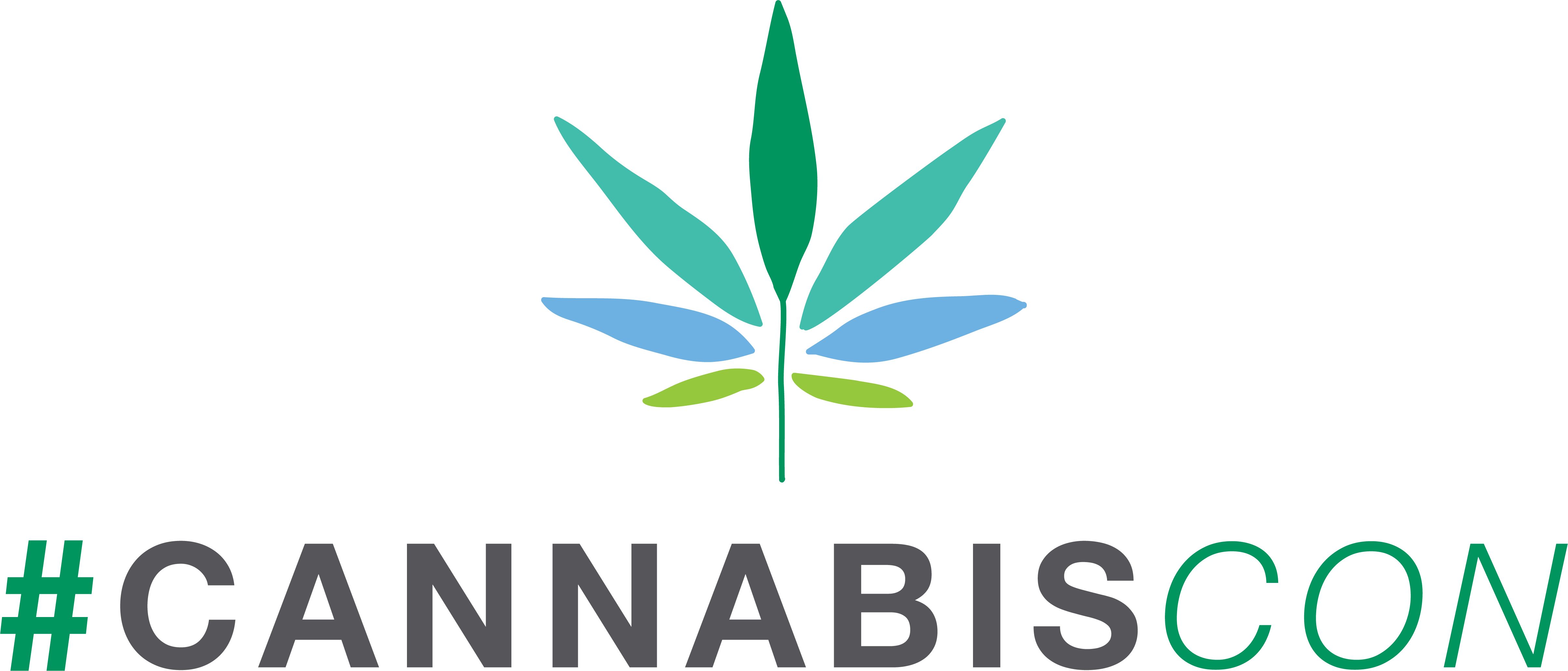MERRY JANE talked with CEO Dr. Jonathan Vaught about the biotech firm’s “clean stock” program for cannabis plants.
Originally posted on Merry Jane by Madison Margolin
California’s new cannabis regulations mandate that all products pass pesticide testing, but that doesn’t mean that every item on dispensary shelves this January will be up to par, yet. The legal adult-use (and medical) weed that goes on sale New Year’s Day will have been grown without the same standards that will be applied to cannabis cultivation moving forward. Earlier in 2017, for instance, KNBC-TV collected samples from 15 dispensaries throughout Southern California, and found that 93 percent of them tested positive for high levels of pesticides.
As California’s cannabis market expands, the industry will need to take cues from other other agricultural markets to ensure product safety for consumers and to minimize environmental damages from pesticide use. Front Range Biosciences, a Colorado-based biotech firm, has developed a Clean Stock Program which embraces conventional agricultural technology to breed disease-free cannabis plants in a sterile environment (as opposed to growing cannabis clones from soil), with the hope of reducing the marijuana industry’s reliance on pesticides.
MERRY JANE spoke to Dr. Jonathan Vaught, CEO of Front Range, to learn more about the program and what it could mean for the future of cannabis farming.
MERRY JANE: Why don’t you give us some background on the program?
Vaught: We work with both hemp and marijuana farmers, and there are two parts to our business. The first is our clean stock nursery program, where we use tissue culture to clean up [cannabis] genetics and produce baby plants for farmers or growers. Depending on the type of grower, it can be marijuana or hemp; indoor, outdoor, greenhouse, etc. The second part is about varietal development — genomics — a tool to create better plants that we can deliver through the clean stock program. We’ve been operational in Colorado for 16 months, and we’re working on setting up our first facility in California. It’s the first clean stock program in cannabis.
What does it mean to take cues from conventional agricultural practices?
When you look at other vegetatively propagated [commercial] plants, you have a mother and you clone from them. You do this with ornamental plants, potato stock, berries, certain types of herbs like mint, hops, bananas, pineapples, orchids; the list goes on. Tons of plants are propagated from clones. In all of those industries, they use tissue culture to produce those clones as part of a clean stock program — that’s the take-home message. The way it works is you use tissue culture to clean up the plant. It’s a labor-intensive, lengthy process that takes specialized protocols and recipes for [plant] media formulations. You take the plant and and isolate healthy material in tissue culture lab, [and then] you grow it up in the tissue culture lab. That’s how we maintain sterile plants with no fungus or pests. They’re eliminated as part of the process. The only way to completely eliminate all those pathogens from plant is to use tissue culture, then take them out, and now you have clean plants to propagate. You get many millions of plants that are clean and healthy and pest free. So that’s really the foundation for what we do.
Does the process for this entail genetic modification or engineering?
No, not at all. So tissue culture is just a very specialized growing environment that doesn’t include any modification of the genes. All we’re doing is a cloning in a very specialized manner and in a very specialized environment — so we can maintain cleanliness, sterility, and the removal of any pathogens or pests.
So you’re simply propagating existing strains through pesticide-free measures?
Yes, definitely. It’s a specialized form of propagation through tissue culture.
Can you explain tissue culture propagation? Why does that breed disease-free plants?
To continue reading this article, head on over to Merry Jane here.
